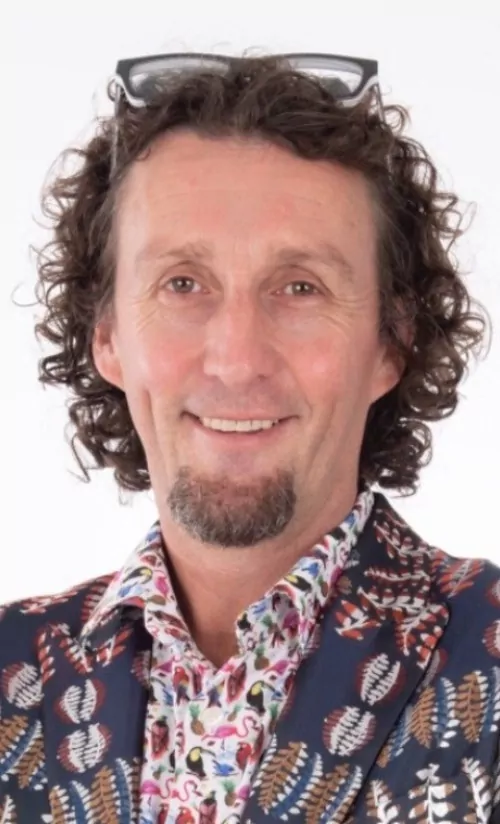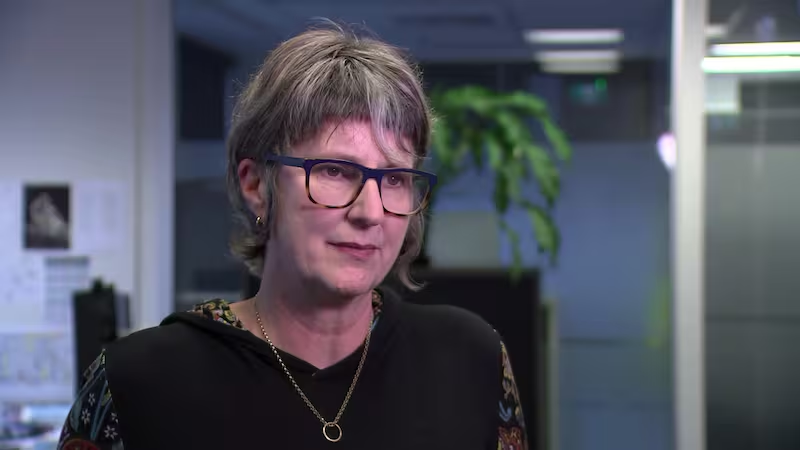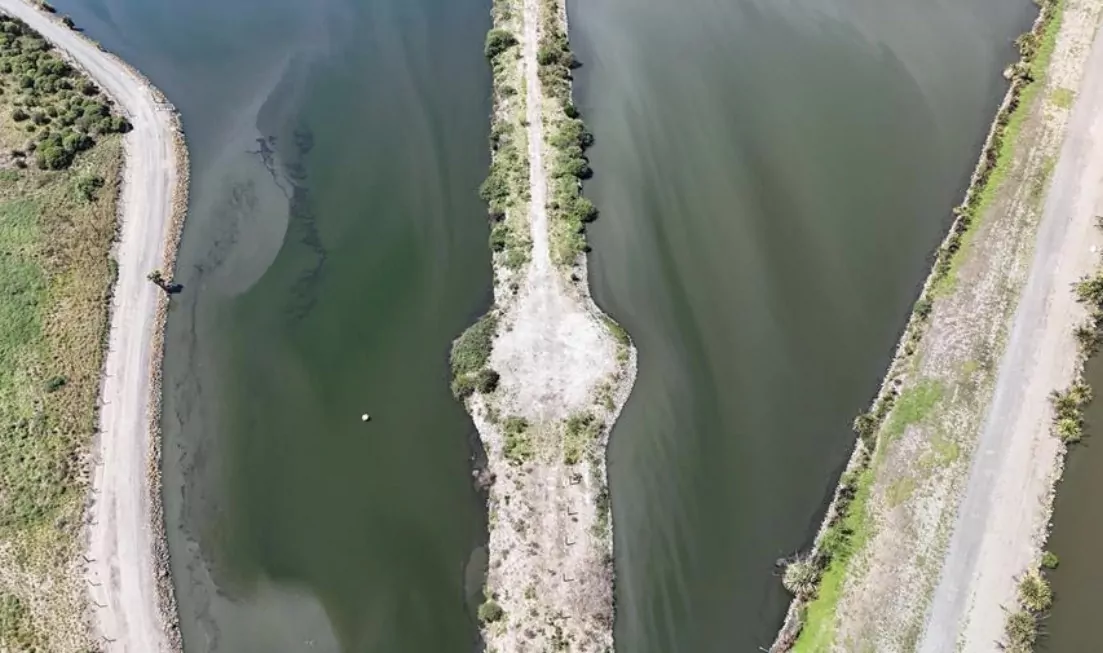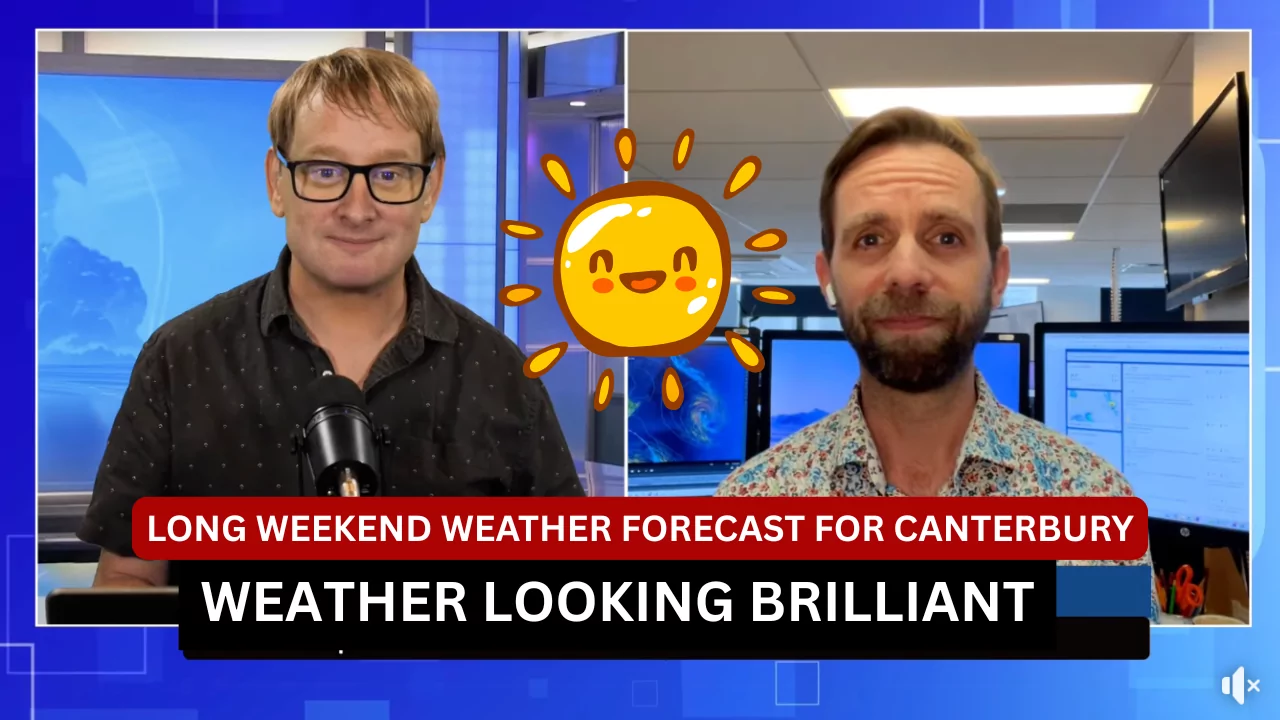Escaped youth tracked by Eagle helicopter, found hiding in New Brighton
The young person who escaped from a youth justice facility in Rolleston has been located...

More than 13,000 patients are expected to have care postponed next week as senior doctors press ahead with a 48-hour strike, after year-long negotiations with Health New Zealand broke down.
The Association of Salaried Medical Specialists (ASMS), which represents around 5,500 senior doctors, confirmed strike action for 23 and 24 September.
Health Minister Simeon Brown said the decision to walk away from bargaining would unfairly hurt patients.
“Today’s decision by the Association of Salaried Medical Specialists (ASMS) union to walk away from bargaining and continue with strike action next week will leave more than 13,000 patients without the care they need,” Brown said.
“This is despite Health New Zealand tabling an updated offer during negotiations this week that would have cost the taxpayers more than $160 million over a 16-month term for around 5,500 senior doctors.”

Simeon Brown. / Nicola Edmonds.
He said the strike would postpone 1,800 elective procedures such as hips, knees and cataracts, 3,600 first specialist assessments, 7,000 follow-up appointments and 800 outpatient procedures.
“The decision to strike follows the union’s recent refusal to enter binding arbitration to resolve its ongoing dispute with Health New Zealand, despite more than a year of negotiations,” Brown said.
“The ASMS union is putting politics ahead of patients, while Health New Zealand continues to engage in good faith.
“Senior doctors are among the most well-remunerated public servants, with many also working in private practice. At Health New Zealand, their average total remuneration, including overtime and allowances, is $343,500. They also receive generous conditions including six weeks’ annual leave, two weeks’ paid leave each year for training and conferences, a fully paid three-month sabbatical every six years, and reimbursement for licences, college memberships and insurance.
“Let’s be clear: this strike is a choice. It is a decision by some of the most well-paid public servants in New Zealand to walk away from patients and cancel care.”
Health New Zealand Acting Chief Executive Dr Richard Sullivan said he was disappointed ASMS had rejected an enhanced settlement.
“Health New Zealand is frustrated and disappointed for patients that ongoing bargaining with the Association of Salaried Medical Specialists (ASMS) has failed to avert the planned 48-hour strike by senior doctors,” Sullivan said.
“We listened carefully to what ASMS was seeking and responded with an improved package.
“The package Health NZ has put forward this week represents an investment in excess of $160 million for the more than 5,500 senior doctors covered by the collective agreement.

Health New Zealand Acting Chief Executive Dr Richard Sullivan
“We had hoped that ASMS would engage on how that package was applied, such as increases to base pay and the application of a dedicated $40 million fund to recognise the work of senior doctors and support the workforce.
“The package put forward this week would have cost taxpayers an additional $31 million over four years when compared to the offer made to senior doctors at the end of July.
“These increases are in addition to the $5,900 annual step increase senior doctors receive until they reach the top of the 15-step pay scale.
“We are disappointed ASMS has chosen not to progress bargaining on the basis of this improved package, which we consider to be a fair and reasonable way forward.
“Given this, Health New Zealand will now be applying to the Employment Relations Authority to fix the terms and conditions of a collective agreement. We are very disappointed to have to take this step but we have been in bargaining with ASMS for over a year, we have attended 11 days of formal bargaining, a number of informal meetings, mediation, six days of facilitated bargaining and accepted the invitation to binding arbitration which the union refused.
“Despite this effort we have been unable to reach a settlement and we believe all bargaining options have been exhausted.
“We believe the application for fixing is the best way forward to ensure certainty for New Zealanders.”
Sullivan said the May strike had already disrupted thousands of patients and the September action would be worse.
“It is estimated that over 1,800 elective procedures, over 3,600 first specialist appointments, around 7,000 follow-up appointments, and over 800 out-patient procedures will have to be postponed due to the strike action,” he said.
“Contingency plans are in place to ensure those who need care the most will still be able to receive it, but the planned strikes on 23 and 24 September will see our hospitals disrupted for the entire week.
“We are focused on maintaining safety for patients already in hospital and those needing emergency care during the strike. Hospitals and all emergency departments will remain open, with a small number of staff providing life-preserving services.
“The public is encouraged to only use EDs for genuine emergencies. Patients with non-urgent needs will face longer delays to be seen.
“Our advice for all patients during the strikes is: people requiring non-emergency care should contact their GP or call Healthline on 0800 611 116 in the first instance, because we need to keep EDs for emergencies only; all emergency departments will remain open; patients in hospital will receive safe care; unless you are contacted directly, please attend any scheduled outpatient appointment or treatment.”
ASMS Executive Director Sarah Dalton rejected the government and Health NZ characterisation, saying the strike was about ensuring the workforce remained competitive.
“Health New Zealand failed to resolve its long-running pay dispute with the Association of Salaried Medical Specialists by failing to turn up with any meaningful improvement on its offer,” Dalton said.
“ASMS made it clear that the strike notice would not be lifted unless there was a sufficient movement on the initial pay offer. This did not occur.
“The offer still represents a real pay cut for our senior medical workforce at a time when recruitment and retention is critical.

ASMS Executive Director Sarah Dalton
“Health New Zealand, on arriving at bargaining, was unable to give accurate financial costings about its offer, there were errors in the position it tabled, which it was meant to update before bargaining resumed today. It did not do so.
“Health NZ refuses to recognise a full year of delay to the bargaining process due to its inability to come to the table with a pay offer. Its bargaining team was not assembled until after the collective agreement expired and the first offer was not made until April 2025.
“ASMS is still in bargaining. ASMS offered to meet again before strike day to make more progress. Health NZ has not taken up this offer.
“ASMS members are not walking away from patients, they simply know it is critical to have a pay offer that is competitive and continues to attract the medical workforce to New Zealand.”


